Mel Science
MEL Science was founded by Vassili Philippov, a passionate scientist and entrepreneur with a background in science and software. He was motivated by the vision of enhancing science education and making it more engaging and accessible for children. Observing a gap in the market for truly educational hands-on science kits, Philippov, along with other dedicated educators and scientists, established MEL Science to create a subscription-based model that offers continuous educational value. His leadership and innovative approach have led MEL Science to become a key player in the EdTech field, receiving substantial accolades such as the BETT “Innovator of the Year” and other awards in virtual and augmented reality educational solutions (TechRound) (MEL Science) (Wamda).
Differentiation: What Makes MEL Science Special
MEL Science stands out in the realm of science education by combining physical experiment kits with advanced digital technologies like VR simulations and live lessons. This "phygital" approach helps bring complex scientific concepts to life, making them more understandable and engaging for young learners. The integration of storytelling from acclaimed science communicators further enhances the learning experience, ensuring concepts are not only demonstrated but also retained and loved. This unique melding of hands-on and digital learning is distinctive in its capacity to engage students and foster a genuine love for science (TechRound) (MEL Science).
Getting Started with MEL Science
To begin using MEL Science as a homeschooling resource, families can subscribe to the service, which will deliver monthly kits. Each kit contains all the necessary components for the experiments along with access to the VR content and educational apps that complement the physical activities.
How MEL Science Works as a Homeschool Curriculum
Each MEL Science kit is designed to be used independently or with parental guidance, making it flexible according to the child's age and educational needs. The recommended usage is about 3-4 hours per week, combining hands-on experiments with VR exploration and video content. This allows for a thorough understanding of the scientific principles at play while keeping the learning process engaging and interactive. The curriculum is suitable for children aged 5 to 14, catering to a broad age range by adjusting the complexity of the experiments and concepts (TechRound) (MEL Science).
Educational Concepts Taught by MEL Science
Chemistry: Understanding chemical reactions, molecular structures, and the periodic table.
Physics: Concepts like magnetism, electricity, and forces.
Biology: Basic anatomy, plant science, and microbiology.
Earth Science: Weather patterns, geological processes, and environmental science.
Highlights: What Users Love About MEL Science
Users appreciate the high-quality materials provided in the kits and the detailed, easy-to-follow instructions that make complex experiments accessible. The integration of VR technology is frequently highlighted as a game-changer, providing immersive experiences that enhance understanding and retention of scientific concepts. The consistent addition of new experiments and updates to the VR content keeps the curriculum fresh and engaging over time (TechRound) (MEL Science).
Areas for Improvement
While MEL Science receives high marks for innovation and educational value, some users note the need for more varied levels of difficulty within the kits to cater to different age groups and learning speeds. Additionally, occasional technical issues with the VR apps and a desire for even more interactive features in the digital content are areas mentioned for potential enhancement (TechRound) (MEL Science).
Parental Advice for Maximizing Benefits
Parents suggest setting a regular schedule for experiments to maintain consistency and engagement. They also recommend involving children in the setup and cleanup processes to enhance learning and responsibility. Utilizing the supplemental digital content, such as the VR lessons and educational videos, can significantly enrich the learning experience and provide deeper insights into the experiments (TechRound).
Ideal and Non-Ideal Fits for MEL Science
MEL Science is ideal for children who are naturally curious about how things work and who enjoy interactive and hands-on learning. It is particularly suitable for students who thrive with visual and practical learning experiences. However, it may not be the best fit for very young children who might find the experiments too complex, or for families looking for a more traditional, textbook-focused science curriculum (TechRound) (MEL Science).
Grades
MEL Science is tailored for children from kindergarten through 10th grade and up.
Cost
The subscription costs vary, typically ranging from $25 to $40 per month, depending on the selected kit and subscription length (TechRound).
Availability
MEL Science kits can be purchased directly through their website or via various online educational product retailers, offering flexible options for getting started with this innovative science curriculum (TechRound) (MEL Science).
Affiliate Disclaimer: Some links on our site are affiliate links, which means Modulo may earn a small commission if you purchase through them (at no cost to you). Rest assured, we only recommend resources we’ve rigorously vetted and truly love—affiliate link or not. Thank you so much for supporting our work!
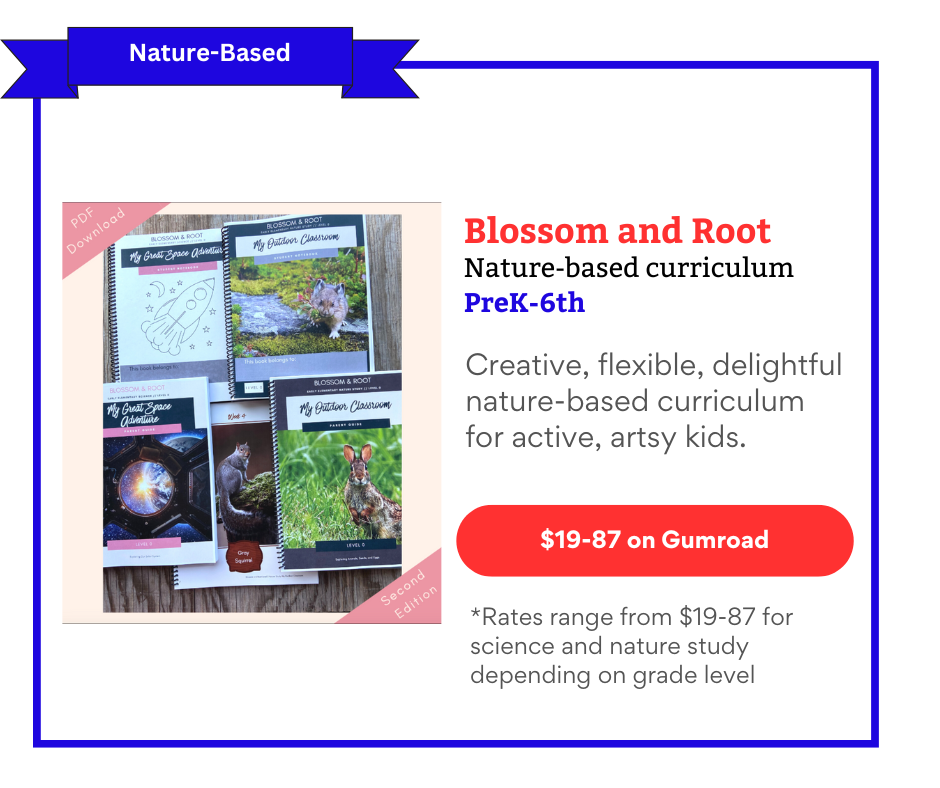
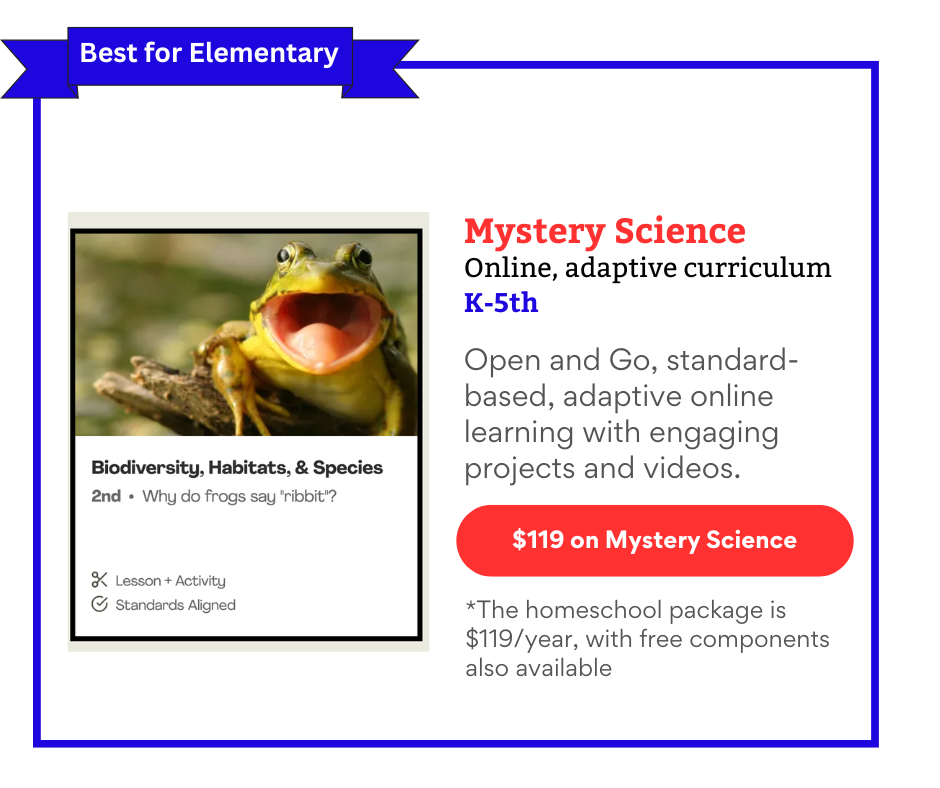
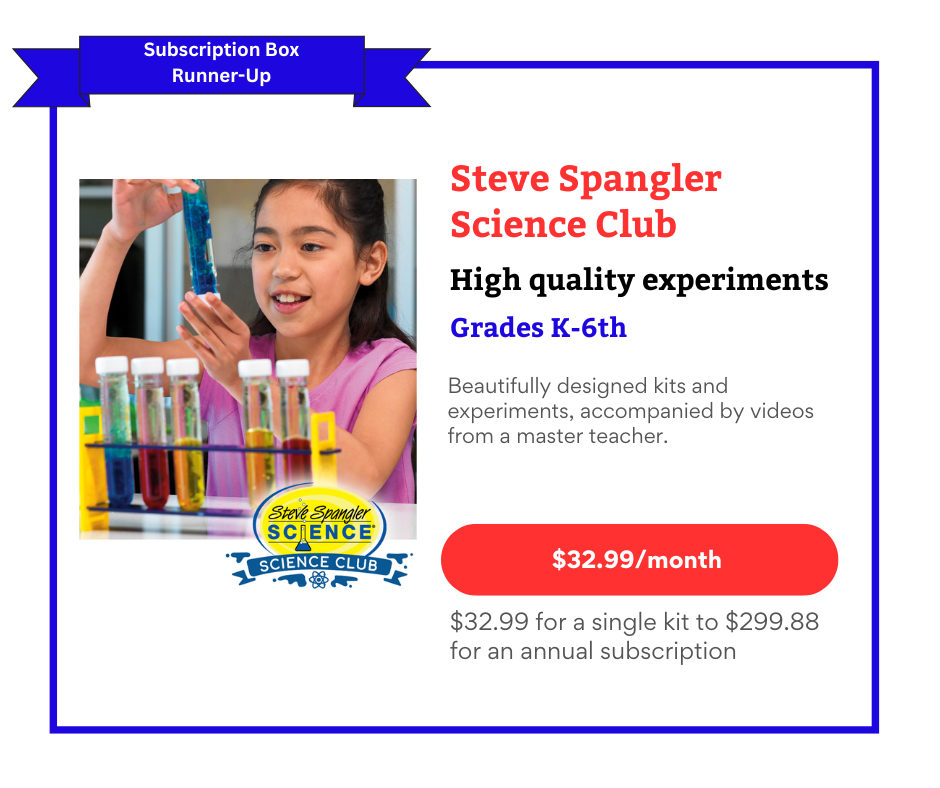
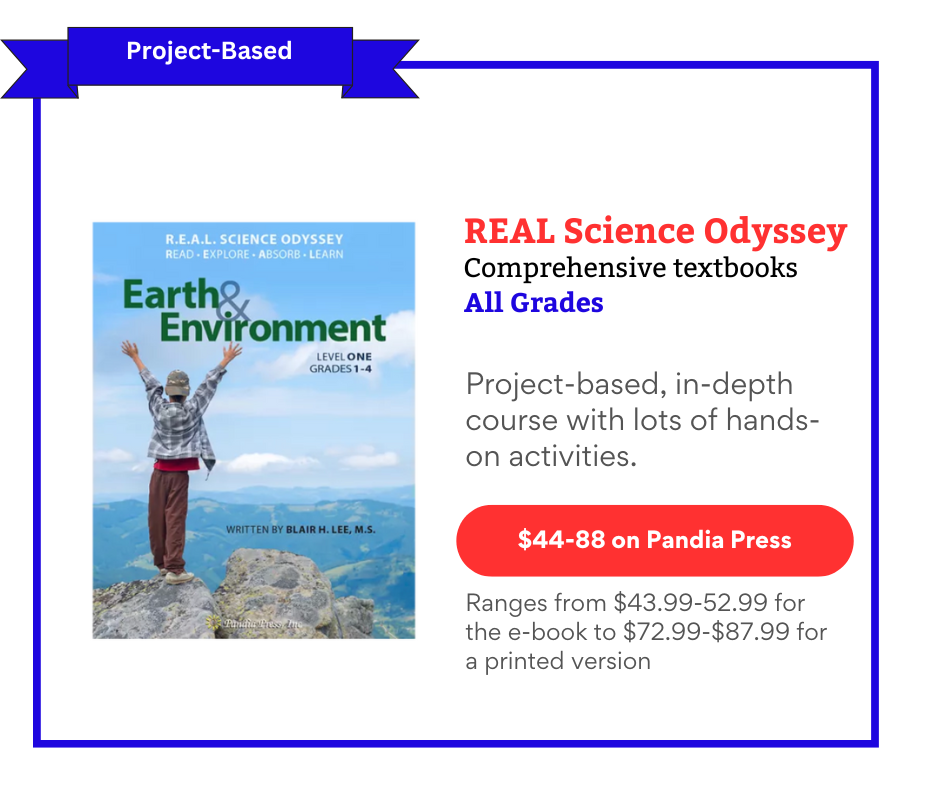
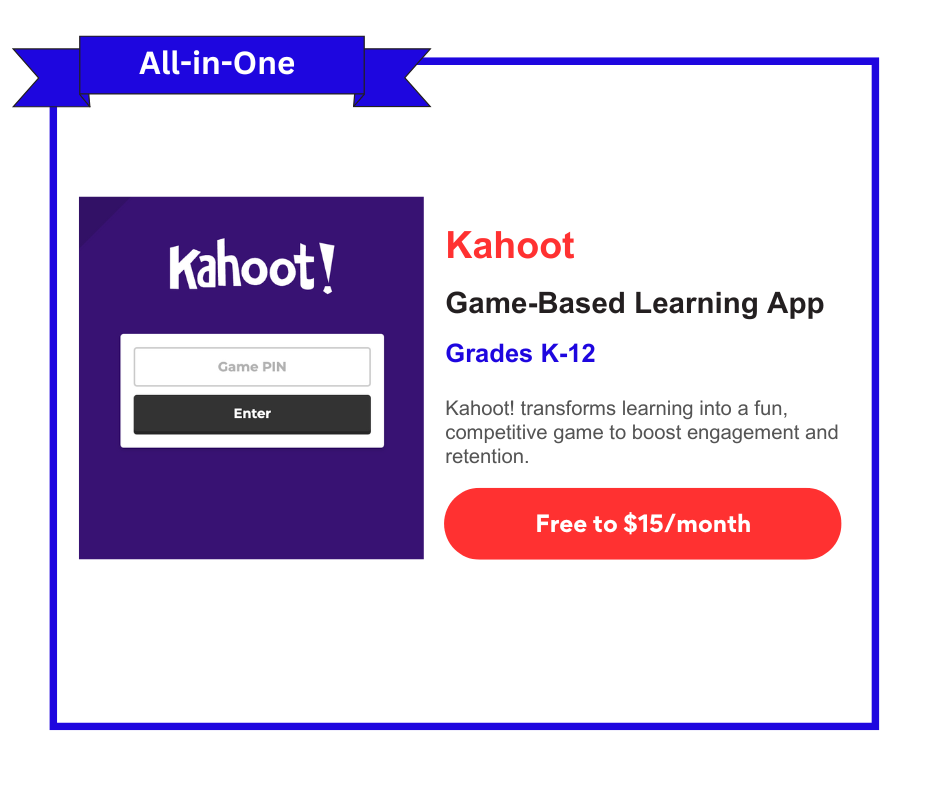
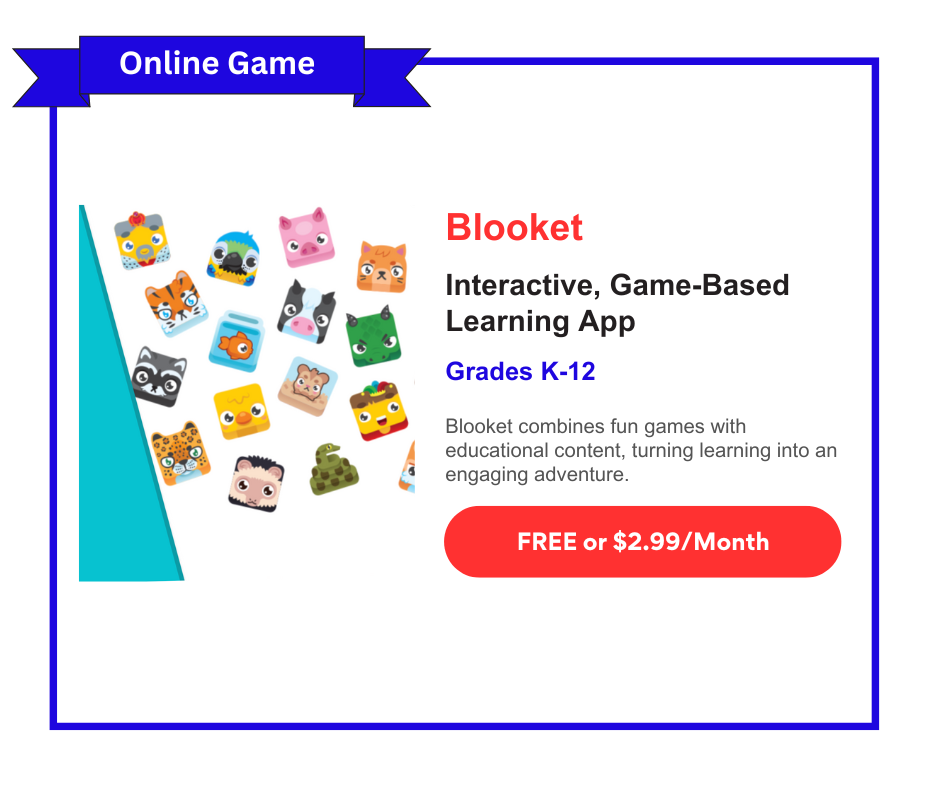
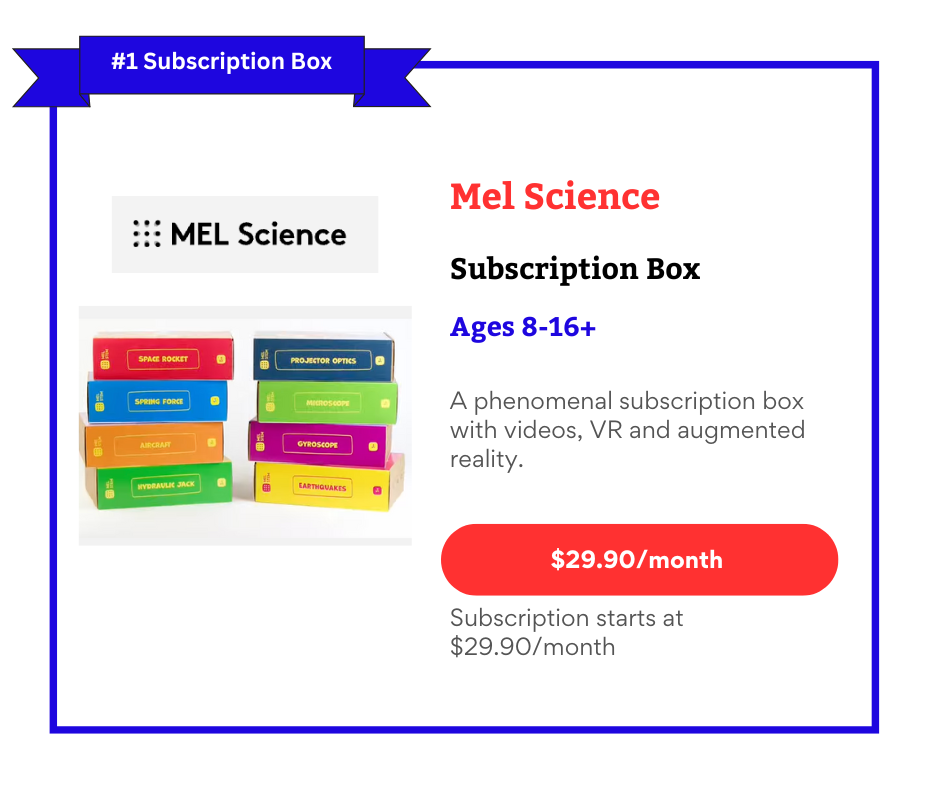
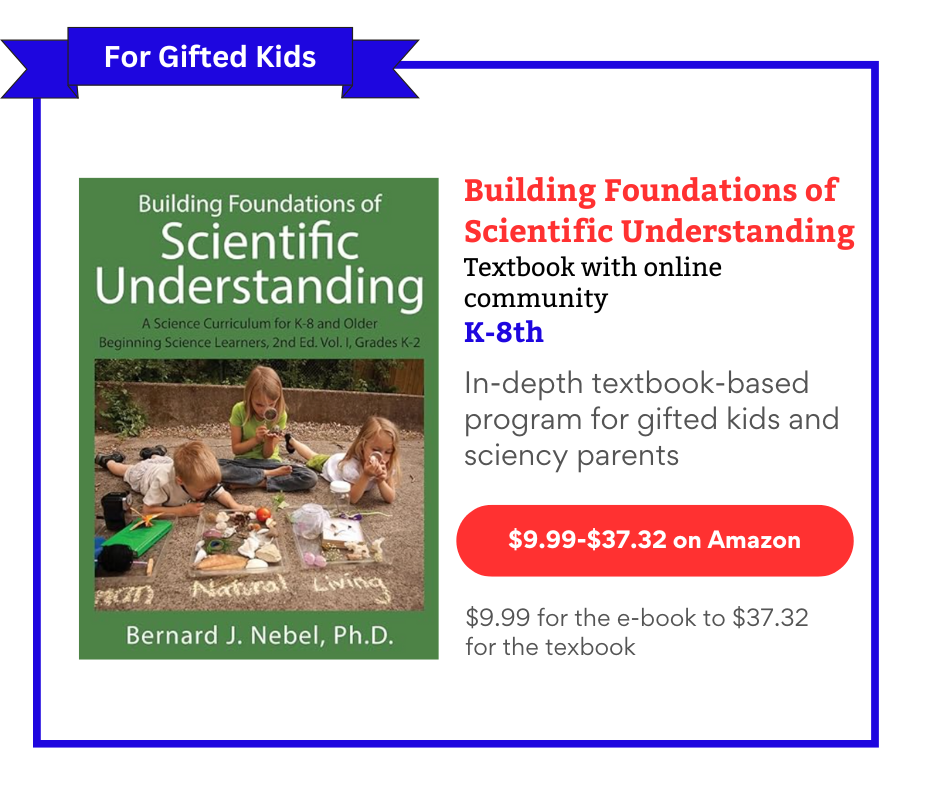
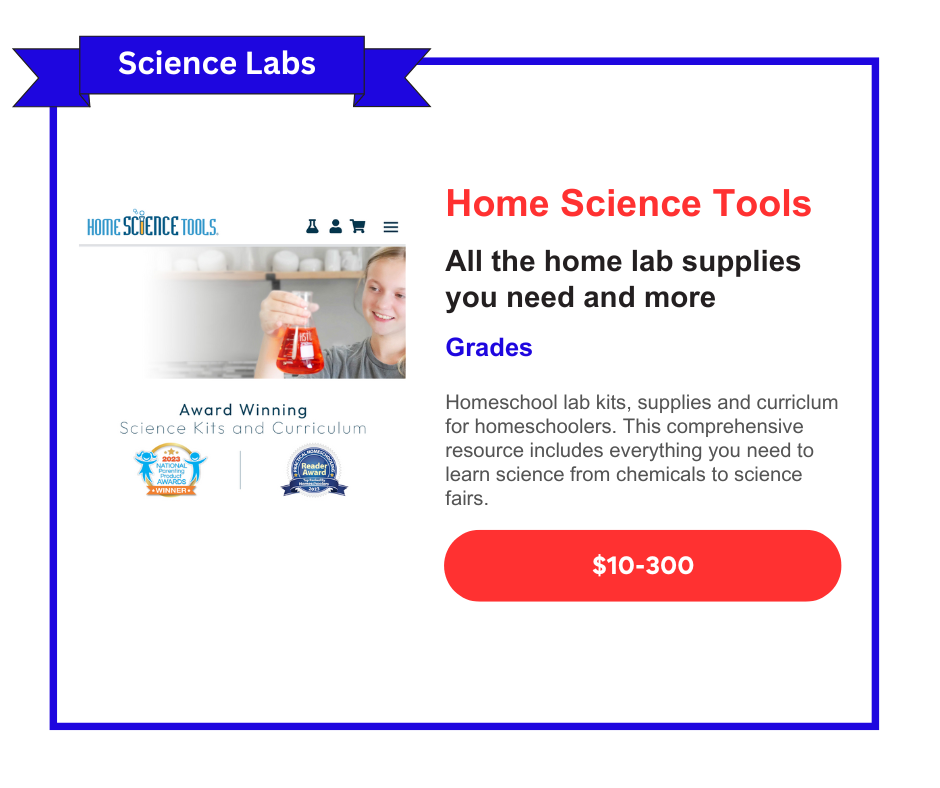




QuantumCourses delivers an engaging science program for grades 7–9 with 50 experiments, hands-on learning, and a discovery-driven approach that sparks curiosity.